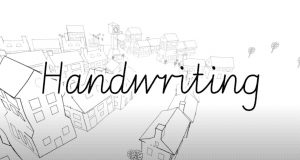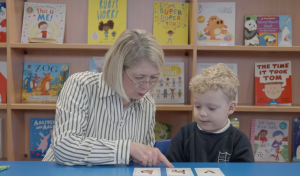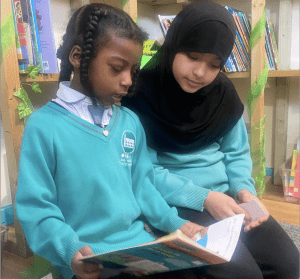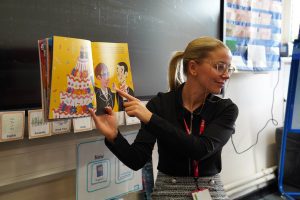

Ruth’s blogs

Handwriting matters
Ruth Miskin explains why fluent handwriting matters, and how brief, visual lessons can remove the struggle, boost motivation and help children write with skill and pride.

Talk to Your Partner
Ruth Miskin reveals how avoiding hands-up and cold-calling in favour of the Talk To Your Partner routine, where every child discusses with their peers, can spark full-class participation and strengthen oracy.

We go beyond the need and teach every pupil to read
Discover how a daily 15-minute phonics-based approach, paired with commitment and tailored routines, empowers all pupils, especially those with SEND needs, to learn to read independently when given the right teaching.

S-A-L-E-S: Strategies to increase children’s love of reading
There is considerable research on the strategies advertisers use to persuade people to buy things. Ruth Miskin looks at some of the common persuasive strategies that work on us and considers whether we might use similar ones to encourage children to read.

How to build the best book corners at Key Stage 1
Transform your KS1 book corner into a vibrant mini-bookshop: curate emotionally engaging, diverse, age-appropriate titles that invite exploration, focus on quality let books ignite children’s imaginations.

Understanding the impact of book banding on children’s love of reading
Ruth Miskin explains how decodable book, carefully sequenced to match phonics teaching, support confident progress.

Live the story
Ruth Miskin explores what it means to “live the story” to help children truly love what they read. Using expressive narration, well-timed pauses, playful asides, and memorable phrases, readers can bring storytime to life.

Readers can control their learning
Ruth Miskin proposes how letting children read “in the moment” during lessons gives them control over their learning.

The explanation effect
Ruth Miskin explores how the act of explaining deepens understanding, whether as a teacher teaching or students talking it through.
